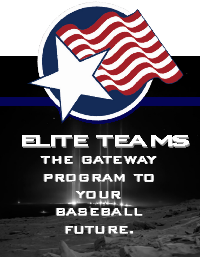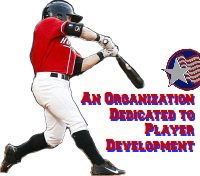![]()
This is an explanation; in the simplest of terms that describes how we teach the game. Baseball is possibly the most difficult sport to master and it provides an abundance of failure. You have a choice in how you deal with that failure. You can get angry, feel sorry for yourself, lose self-confidence, pout OR decide to learn from those failures and make adjustments to correct them. This is not an easy task and it requires a lot of perfect practice. The goal is to pattern yourself with efficient movements. When playing the game you want to be able to react, swing, field and throw without thinking about it. Patterning efficient movements is how you accomplish that goal and that continues throughout your career. It requires THOUSANDS of reps. You won't change a lifetime of patterning in just 30 minutes. Anyone making claims like that is full of it. If you're thinking 1 lesson is all it will take to make your child a superstar, you will be disappointed wherever you go.
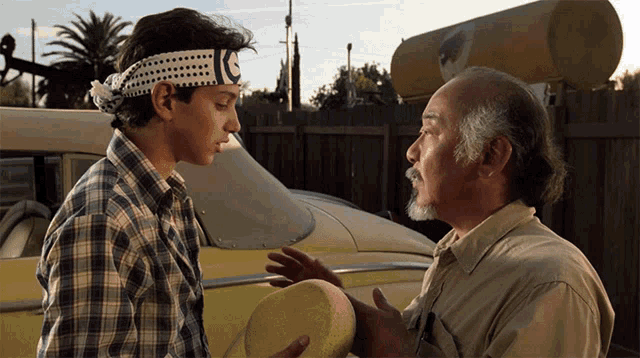
It is a progressive process. You have to crawl before you walk and walk before you run. Those of you who grew up with the coming of age movie “The Karate Kid” will remember when Mr. Miyagi (Pat Morita) gave Daniel (Ralph Macchio) chores to do on his property. Daniel worked for days without understanding how doing chores translated to Karate. The iconic “wax on, wax off” scene is one of the film’s most memorable moments—to Daniel’s initial confusion, Mr. Miyagi teaches him how to wash cars in a circular motion. We later learn the importance of the circular motion in combat training.
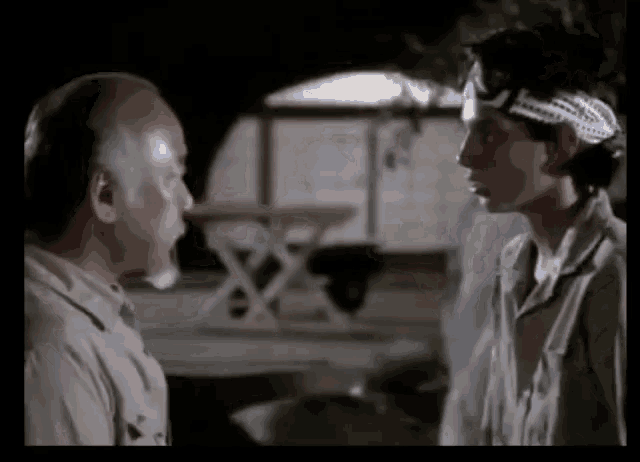
The point is that we address the process in an orderly fashion. You have to be able to swing the bat and hit a ball off a tee before you can expect to hit front toss or live pitching. You have to be able to play catch with someone before you can expect to catch fly balls or field ground balls. You have to be able to throw in a safe efficient manner before you get on a mound to pitch. Baseball is not a naturally occurring skill for 99.9% of kids. They need guidance. Most of them have no physical literacy.
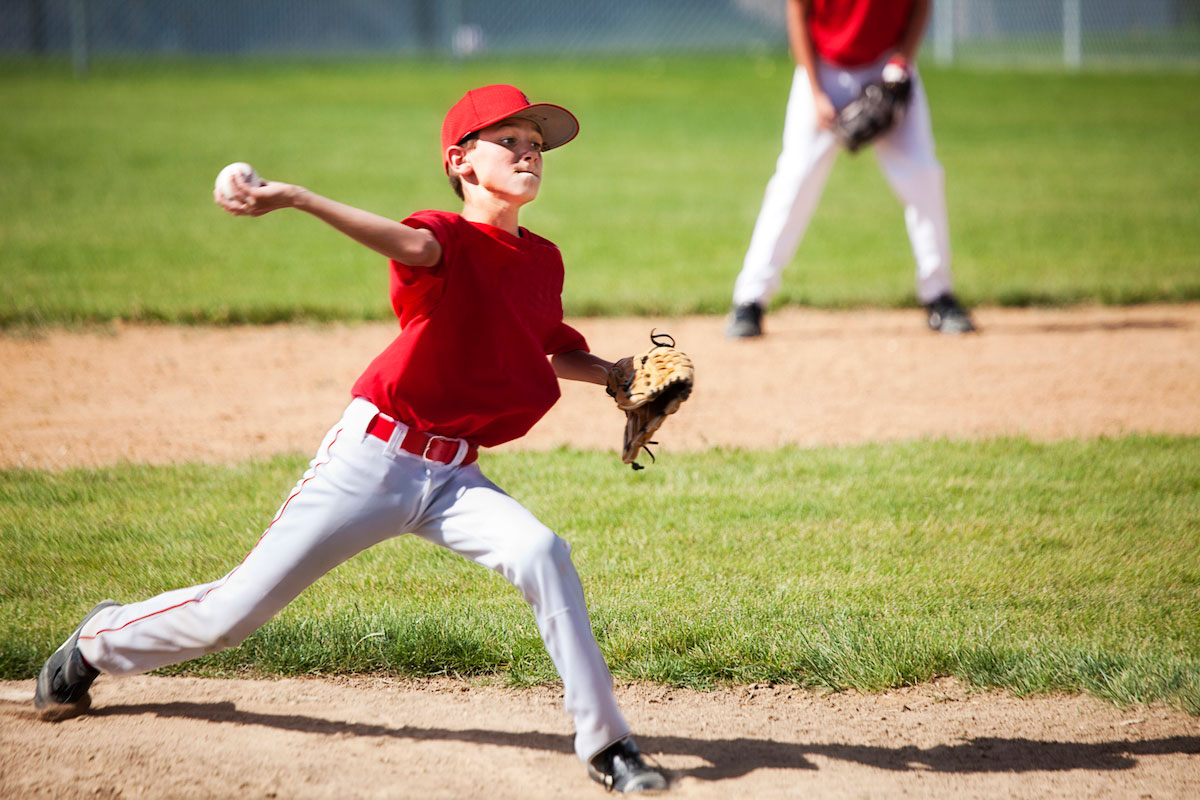
People come to us for training at different phases of their development. Some are beginners, some have a little experience and some have a lot of experience, some have been catastrophically injured and need to recreate their career. Baseball is the game we love and all players have a right to enjoy the game. It is important to understand that teaching a player is not the same as the playing the game. A player can become a polished professional with refined skills but may have little success teaching a player how to do what he does. A masterful coach may not be able to perform like a professional player, but he can analyze and diagnose a player’s abilities and weakest areas and provide proven protocols to accelerate their development. The best coaches never stop learning. They are always seeking to gain an understanding of what works best to reduce the risk of injuries, develop mechanical efficiency, functional strength, the best nutrition and mental and emotional management for the player.
How often should you take lessons? Hitting and Pitching are absolutely high maintenance activities. In order to maintain your proficiency you should be practicing as often as possible to meet your goals. Time off in the winter? This is where your competition will pass you. If you aren't working to adapt and develop skills, you are sinking to your previous ability or below. Our most determined players, who train multiple times a week stand out in their age groups when the season rolls around (or end up "playing up" an age category because they are talented enough). "But my high school team has off season workouts." The reps you get in a team setting will never develop you to the greatness you are seeking. In order to be better than your peers, you must outwork them. If you're someone who does not start on your team, you must work even harder. You must also be working on relevant things.
We work with players from tee ball to pro ball. Players younger than 10 years old are still learning how to learn. They need to have fun playing the game. After that, their window of trainability opens up and they are ready for patterning. As a player gets older, they may pick up bad habits and they will need to relearn those tasks (taking time off exacerbates these issues). Our goal is to address each player’s needs. It is important to understand that the successful development of players is much more than a couple of sessions before tryouts to get a player ready for the season. Champions are made in the off-season. Learning baseball skills is an adaptive process. Your body continues to grow and change and your skill training needs to adapt to growth in both height and weight. When players hit a sudden growth spurt and grow a few inches in a year, they may appear to struggle with their movements until they adapt to their new height. The same thing happens when you gain muscle mass. We understand these cycles and how to address them. We embrace science and research and use the best medically defendable protocols to train our players. If you are willing to put in the work and the time, we can help you reach or exceed your potential.





.jpg)
.jpg)
